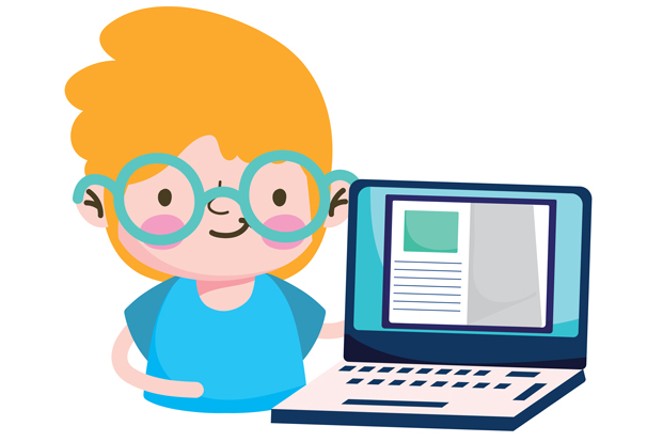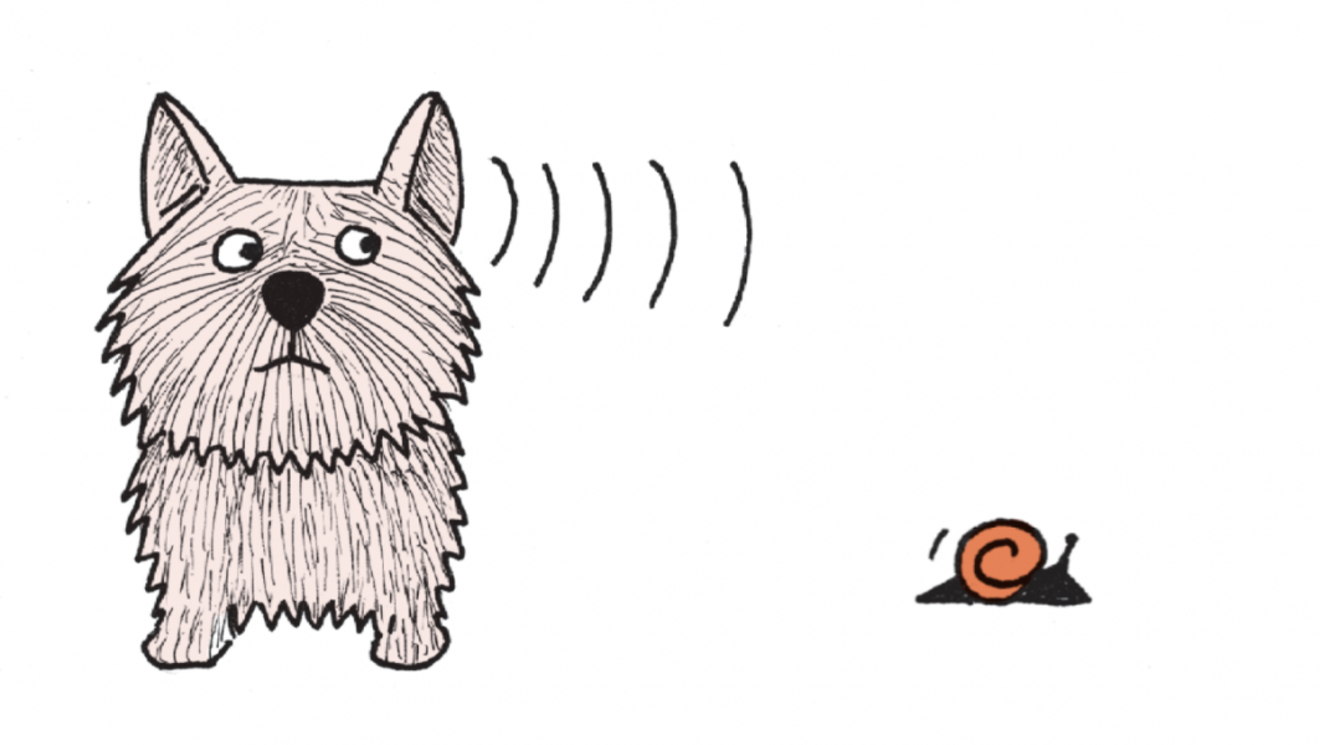Q We've been distance learning this school year, and doing the best we can, but I'm worried my 2nd grader is falling behind in reading. How can I make sure she learns to read on time?
A Every parent is in a similar boat this year. Relative to their peers, it's unlikely that your child will be "behind" in any measurable way. I would bet good money that every early grades (K-3) teacher in America will be revisiting phonics lessons as children return to school.
Firstly, don't forget the magic power of reading aloud to your child. Abundant research supports the positive effects of parental reading on their children, ranging from improved literacy skills and cognitive development, to better classroom behavior and emotional self-regulation.
Make reading aloud together a daily part of your routine—15 to 20 minutes before bed is often ideal—and encourage your child to pick out favorite books or other reading material. Along this vein, try a version of "My Turn / Your Turn" where you read a sentence, paragraph or page aloud and then switch with your child so they read to you. The back-and-forth interaction will keep things light and breezy!
Another idea is to utilize "follow along audiobooks" of the classics. Have your child follow along with their iPad or book in front of them. Encourage them to track the lines they are hearing with their pointer finger or a special pointer object (pencil with sparkly eraser on top?) Tracking text can be particularly difficult for some students with visual processing disabilities or other special needs, so another strategy from special education is to cut out a small rectangular window from a piece of cardstock and slide it along letter by letter or word by word. Narrowing the visual field to a small space can help children block out extraneous information and stay focused.
With these fun "read to succeed" routines and strategies in place, your child can enjoy invaluable literacy practice that will keep them afloat on a yacht of success..
Q We wanted to enroll our daughter in preschool this year, but due to COVID it didn't happen. What are some practical, age-appropriate math skills that I can be working on in homeschool with my preschooler?
A The preschool years are one of the most rapid-growth periods in a person's life. This is when children begin to use symbolic thought and can recognize that discrete symbols, such as letters and numbers, have culturally specific meaning.
Early childhood educators focus on understanding and building number sense, which refers to a broad range of skills, including: identifying numbers, quantifying relationships between numbers, counting with one-to-one correspondence, recognizing shapes and their structures, measuring, composing and decomposing operations, and solving patterns and puzzles.
However, rather than focus on formal academic math lessons for the preschool years, it's best to encourage healthy development of these cognitive functions through daily, interactive, age-appropriate play that naturally involves asking math questions, such as baking ("how many eggs do we need to make this cake?"), building ("how tall can we make this block tower?"), and setting the table ("how many cups do we need for dinner?")
Focus on sorting activities (let's put all the toy cars in one pile, and all the toy planes in another pile), real world comparisons (let's line up all your stuffed animals from smallest to biggest), art projects (gluing quantities, such as puff balls), and sensory play that teaches volume and quantity (such as transferring sand from one cup to another). Whatever activities you choose, be sure to reinforce learning through using real world math terms like "more" and "less," and don't forget to have fun together!
email us your questions: [email protected]























